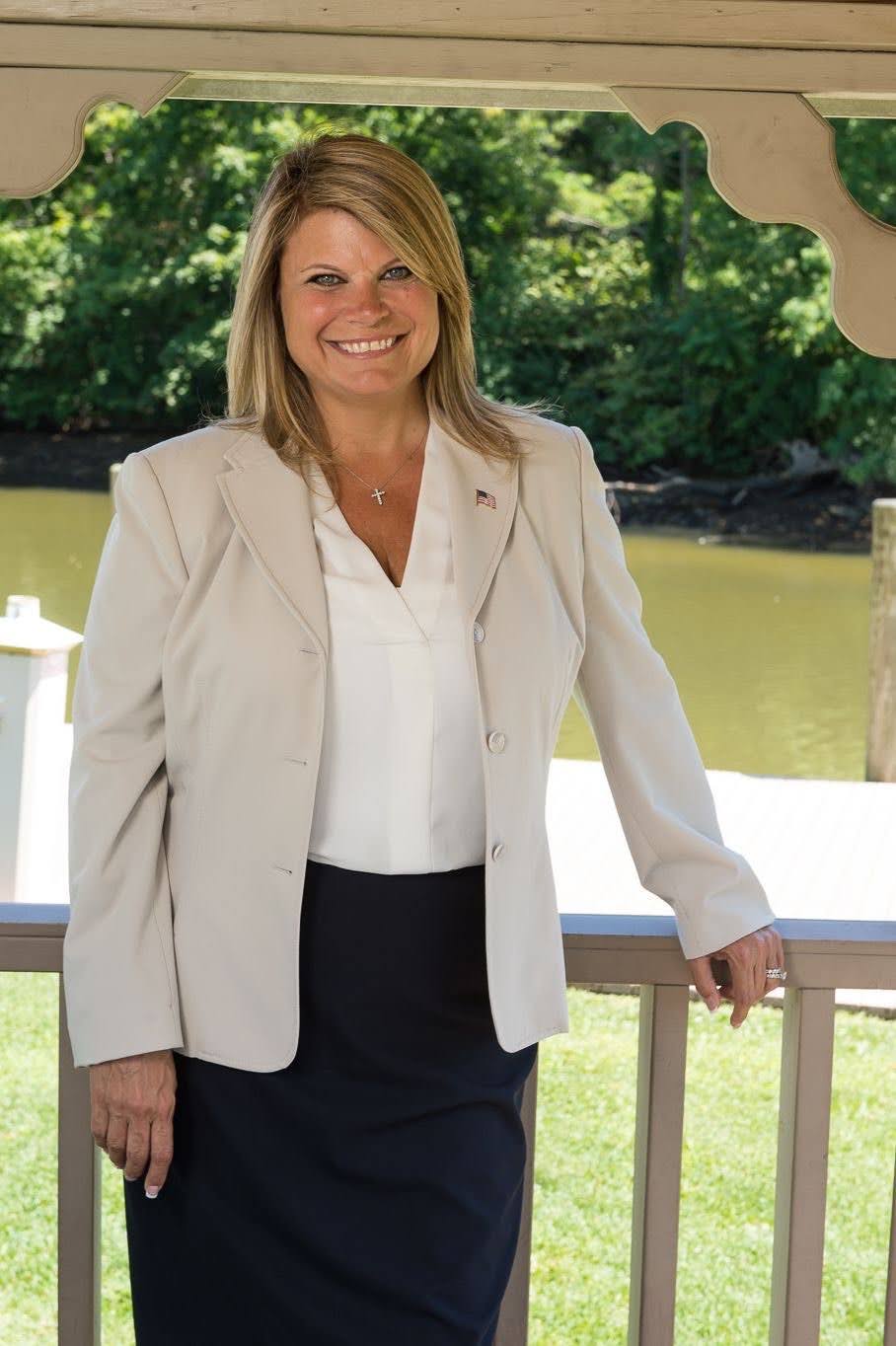Most agree that puppy mills should be shut down for abusing animals and saddling unsuspecting consumers with sick pets. However, some believe a new state law banning animal sales at pet stores goes too far and will make matters worse.
Senator Dean Murray said the “Puppy Mill Pipeline Law, which goes into effect December 15, should be repealed. He has a competing bill that allows pet stores to continue to operate and clarifies the state regulations that pertain to animal breeders. “It's the bad breeders that are causing the problems, not the pet stores,” Murray argued. “The pet stores are inspected; they are checked on a regular basis. They have checks and balances already in place. Why should you put them out of business?”
Murray said the law would drive unscrupulous breeders into the black market, selling puppies and other animals online and in places that defy government regulation. “This bill will probably make the abuse worse,” he said, noting that selling pets through legitimate pet stores would be the best way to keep tabs on the breeders.
“The retail pet sales ban is catastrophically misguided, and while well-intentioned, will result in negative impacts that have not been seriously considered or addressed,” said Assemblywoman Jodi Giglio. “While purporting to protect animals, this feel-good legislation will result in increased suffering by countless dogs and cats and drive legitimate, long-standing businesses into bankruptcy.”
Giglio maintained that most pet stores operate at high standards and obtain their pets from reputable sources. “Responsible small business owners and innocent animals should not be made to suffer the consequences of this legislation,” she said, adding, “When government restricts business, the market reacts to fill a void. Since prohibition, we have learned that banning the sale of something simply drives those sales underground, where they cannot be regulated, monitored, or protected. Underground markets exist and thrive for every item government prohibits, and it is clear that this legislation will do the same.”
The state of California enacted a similar mandate and is now awash in illegal pet sales, where truckloads of suffering animals are sold to residents through illicit means, Giglio reported. “Their legislation was well-intentioned. The result was clearly unintended.”
Over at Moriches Dog Grooming, proprietor Chase Prieto thinks the ban is a good idea. “This will be better for the animals and the pet owners,” he said. “The condition of the animals coming out of the puppy mills was not so great. People will get better pets this way and will also help with adoptions from the shelters.”
Pet owner Christina Salaway agreed. “Hopefully, this will stop the puppy mills. Some of the stories you hear about them are terrible. It will be better for the owners if the pets come from a documented source,” the East Moriches resident said.
Another pet owner, Desiree Glock of Centereach, voiced concern over the state ban encouraging a black market where information about the pets won’t be as reliable. “Where do you go if you have a grievance? At least with the way it is now, you can go back to the pet store to complain. You have options. You can go to the Better Business Bureau or Consumer Affairs. If you buy a pet privately and something goes wrong, the options are very limited,” Glock said.
“They really need to put an end to the puppy mills,” commented dog stylist Debbie Mangione of Center Moriches. “Plus, it will help with adoptions, which is a good thing.
Giglio was not convinced. “We in New York have a chance to observe and learn from California's failure, for the benefit of the pets we wish to protect, and for the benefit of our taxpaying residents,” she said in a letter to Gov. Kathy Hochul asking for a delay on the ban. “Other unintended consequences include individuals who are personally liable for lease obligations for their pet shops. Once those businesses are forced to close, these individuals will still be liable for hundreds of thousands of dollars in lease payments. This wasn't thought through, and if it was, the devastating impact this will have on our private business owners wasn't considered.”
 Chase Prieto - Credit: Robert Chartuk
Chase Prieto - Credit: Robert Chartuk Senator Dean Murray - Credit: Office of Senator Murray
Senator Dean Murray - Credit: Office of Senator Murray Assemblywoman Jodi Giglio - Credit: Office of Assemblywoman Giglio
Assemblywoman Jodi Giglio - Credit: Office of Assemblywoman Giglio
